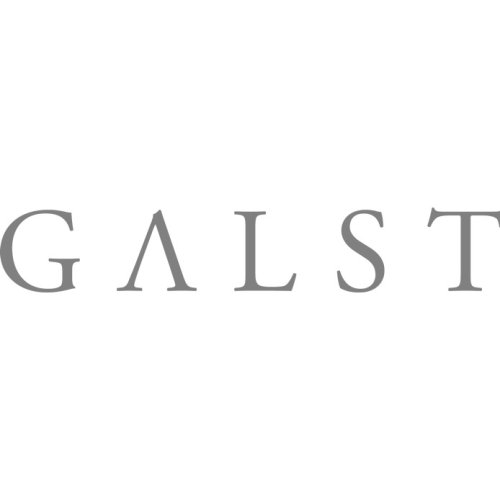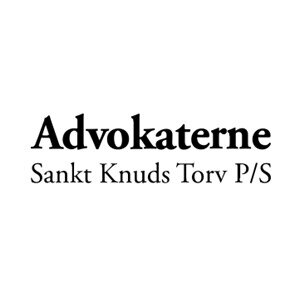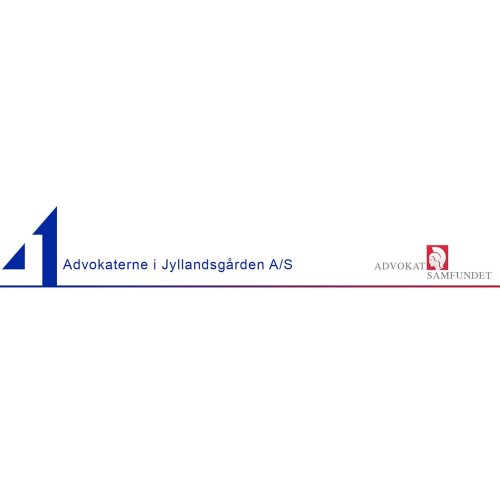Best Energy Regulatory Law Lawyers in Denmark
Share your needs with us, get contacted by law firms.
Free. Takes 2 min.
Or refine your search by selecting a city:
List of the best lawyers in Denmark
About Energy Regulatory Law in Denmark
Energy Regulatory Law in Denmark covers the legal framework governing the production, distribution, and consumption of energy within the country. It involves a complex set of rules designed to ensure energy security, promote sustainability, and create a fair market for energy providers and consumers. The law regulates various sectors, such as electricity, natural gas, heating, and renewable energy sources. It encompasses everything from the development and operation of energy infrastructure to consumer protection and environmental regulations. Denmark is widely recognized for its proactive approach to renewable energy and its commitment to reducing greenhouse gas emissions, making its regulatory landscape both dynamic and forward-thinking.
Why You May Need a Lawyer
Individuals and businesses may require legal assistance in Energy Regulatory Law for several reasons:
- Setting up or expanding energy projects, such as wind farms or solar parks, which involve navigating permitting processes and compliance requirements.
- Understanding changes in tariffs, subsidies, or market regulations that affect your business or energy bills.
- Resolving disputes involving energy contracts, supply agreements, or infrastructure development.
- Complying with environmental obligations linked to energy production, including emissions targets and reporting requirements.
- Participating in public tenders or negotiating with authorities over grid connection and energy storage projects.
- Addressing consumer rights related to energy supply, billing, and service disruptions.
In these situations, a lawyer with specific expertise in Danish energy regulations can help you navigate complex procedures, clarify your rights and obligations, and represent you in negotiations or legal proceedings.
Local Laws Overview
Denmark’s energy laws are shaped by both national legislation and European Union directives. Some of the key legal instruments include:
- The Electricity Supply Act, which regulates generation, transmission, distribution, and trading of electricity.
- The Natural Gas Supply Act, which sets the rules for the supply of natural gas, including access to pipelines and market competition.
- The Heat Supply Act, governing district heating systems widely used throughout Denmark.
- Energy regulatory frameworks ensuring compliance with the EU’s Renewable Energy Directive and Emissions Trading System.
- The Danish Energy Agency oversees policy implementation, licensing, and regulatory enforcement.
Denmark also has specific policies to encourage renewable energy investment, such as feed-in tariffs, subsidies, and tenders for offshore wind projects. The laws aim to promote a competitive, transparent, and sustainable energy sector, while ensuring consumer protection and system reliability.
Frequently Asked Questions
What is the main authority regulating energy law in Denmark?
The Danish Energy Agency is the leading authority responsible for energy regulation, policy implementation, and oversight of the energy sector in Denmark.
Do I need a permit to build a renewable energy facility?
Yes, establishing renewable energy facilities such as wind turbines or solar parks usually requires permits from local authorities and compliance with national regulations.
Are there incentives for using renewable energy in Denmark?
Yes, Denmark offers various incentives, including feed-in tariffs, subsidies, and support schemes to promote renewable energy adoption for both individuals and businesses.
Can foreign companies participate in the Danish energy market?
Foreign companies can participate in the Danish energy market but must comply with Danish legislation and secure the necessary permits and licenses.
How are electricity prices regulated in Denmark?
Electricity prices are shaped by market forces, but certain tariffs and charges, especially for distribution and grid services, are regulated by law.
What consumer rights exist regarding energy supply?
Consumers have rights related to fair billing, transparent tariffs, reliable supply, and dispute resolution. The Energy Complaints Board resolves consumer disputes.
How does the law address energy efficiency?
Danish regulations mandate energy efficiency standards for buildings, appliances, and industries, aiming to reduce overall energy consumption and emissions.
What are the environmental obligations for energy producers?
Energy producers must comply with environmental legislation, including emissions limits, environmental impact assessments, and reporting requirements.
What happens in case of a dispute with an energy supplier?
If you have a dispute with an energy supplier, you can seek mediation through the Energy Complaints Board or take legal action if necessary.
Are there special rules for offshore wind and other renewable projects?
Yes, offshore wind and other renewable projects are subject to specific permitting processes, public tenders, and grid connection rules to ensure fair market access and environmental compliance.
Additional Resources
If you need further information or assistance, consider these resources:
- Danish Energy Agency (Energistyrelsen) - Primary regulatory body for energy in Denmark.
- Energy Complaints Board (Ankenævnet på Energiområdet) - Handles consumer complaints regarding energy suppliers.
- Danish Utility Regulator (Forsyningstilsynet) - Supervises and regulates energy markets, especially regarding competition and consumer interests.
- Danish Ministry of Climate, Energy and Utilities - Sets overall energy policy and legislation.
- Local municipalities - Involved in permitting and local planning related to energy projects.
- Environmental Protection Agency - Oversees environmental compliance for energy producers.
Next Steps
If you require legal assistance in Energy Regulatory Law in Denmark, consider the following steps:
- Gather all relevant documents, such as contracts, correspondence, and project plans, to provide your lawyer with a complete overview.
- Research and identify law firms or attorneys specializing in Danish energy law.
- Schedule a consultation to discuss your situation, potential legal strategies, and estimated costs.
- Ask about the lawyer’s experience dealing with similar cases, especially within the energy sector.
- Stay informed about changes in Danish and EU energy regulations that may affect your situation.
- Utilize resources provided by the Danish Energy Agency and other relevant bodies for guidance on compliance and regulatory updates.
Taking proactive steps with the help of an experienced legal professional can help you navigate challenges in Denmark’s dynamic energy sector and ensure compliance with all applicable laws and regulations.
Lawzana helps you find the best lawyers and law firms in Denmark through a curated and pre-screened list of qualified legal professionals. Our platform offers rankings and detailed profiles of attorneys and law firms, allowing you to compare based on practice areas, including Energy Regulatory Law, experience, and client feedback.
Each profile includes a description of the firm's areas of practice, client reviews, team members and partners, year of establishment, spoken languages, office locations, contact information, social media presence, and any published articles or resources. Most firms on our platform speak English and are experienced in both local and international legal matters.
Get a quote from top-rated law firms in Denmark — quickly, securely, and without unnecessary hassle.
Disclaimer:
The information provided on this page is for general informational purposes only and does not constitute legal advice. While we strive to ensure the accuracy and relevance of the content, legal information may change over time, and interpretations of the law can vary. You should always consult with a qualified legal professional for advice specific to your situation.
We disclaim all liability for actions taken or not taken based on the content of this page. If you believe any information is incorrect or outdated, please contact us, and we will review and update it where appropriate.
Browse energy regulatory law law firms by city in Denmark
Refine your search by selecting a city.

















